The Grade I-listed home to two Devon dynasties, with a 13th century chapel and five acres of breathtaking gardens
Recorded in the Doomsday book, artefacts found on the property (now in the British Museum) date this estate even earlier, suggesting its origins lie between the 5th and 8th centuries.
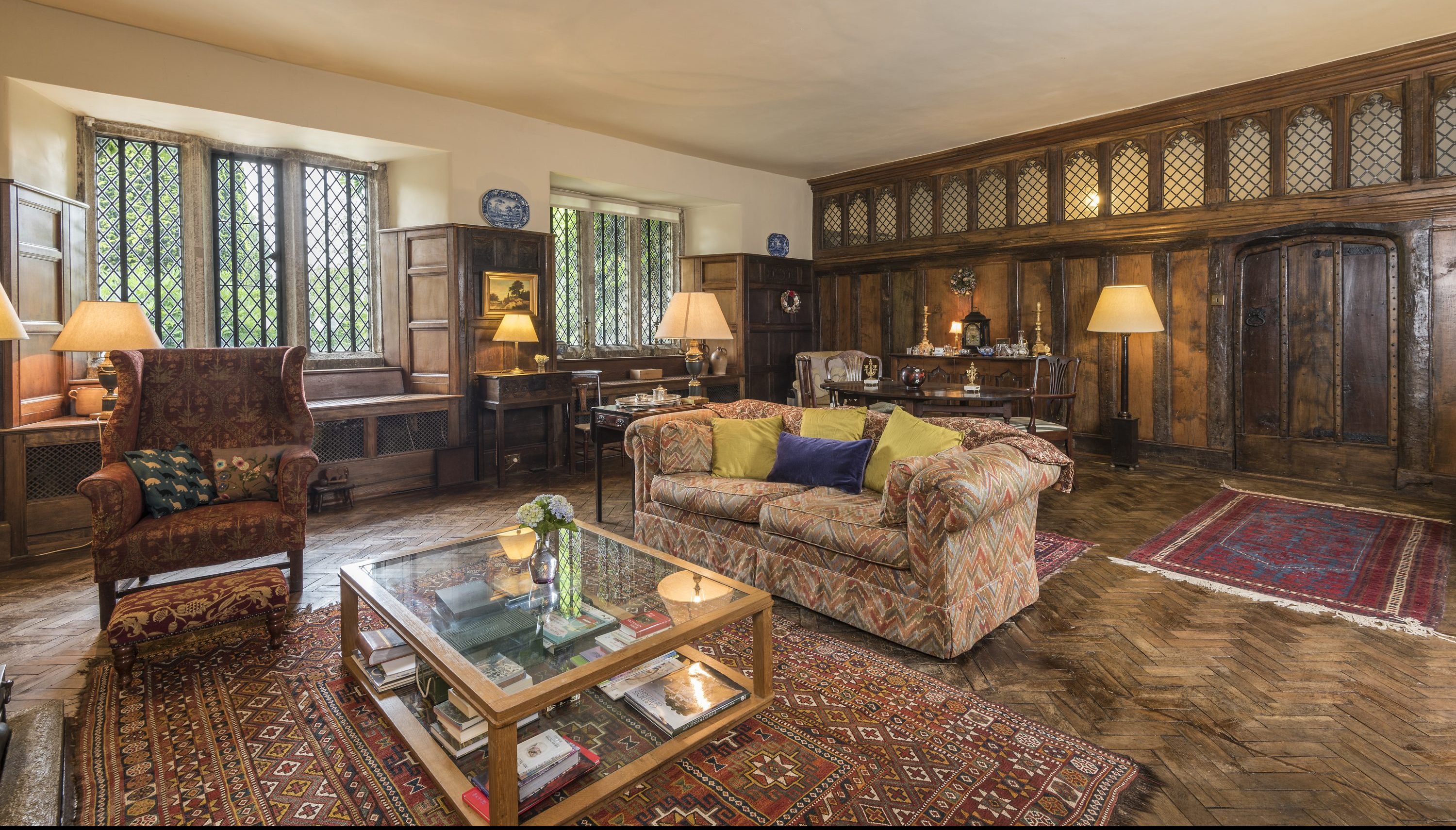

For the second time in 18 years, Richard Addington of Jackson-Stops in Exeter is handling the sale of Grade I-listed Fardel Manor at Fardel, near Cornwood, on the southern fringes of Dartmoor, 10 miles from Plymouth and 35 miles from Exeter. He quotes a guide price of ‘excess £2m’ for the compact, late-medieval manor house, with its 13th-century chapel and service cottage, set in five acres of glorious gardens and surrounded by the appealing mixed-farming landscape that forms the hinterland to the high moor on the horizon.
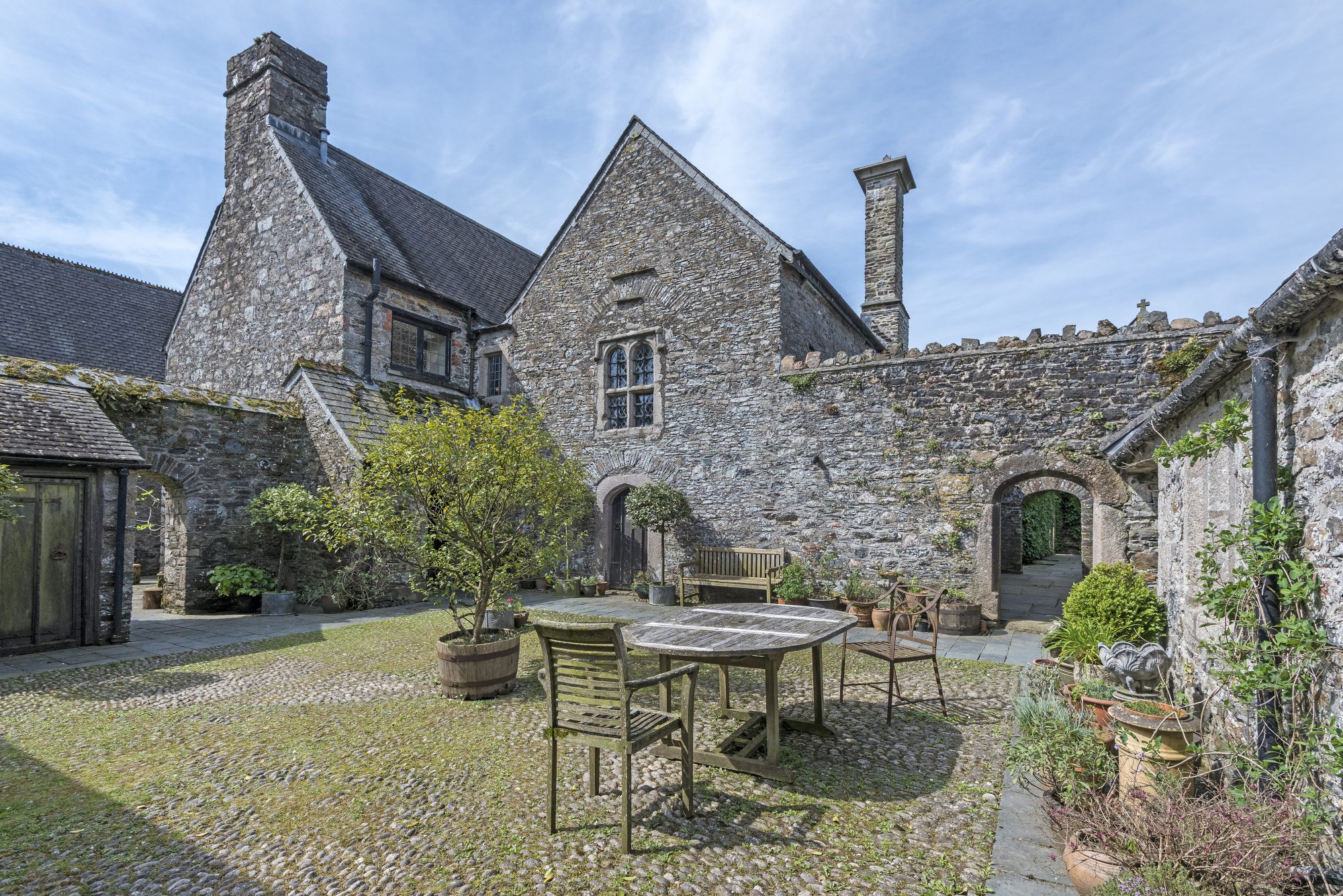
Recorded in the Domesday Book as a Saxon estate known as Ferdendelle, the discovery in 1860 of the early Christian Fardel Stone (now in the British Museum) suggests that it may even date from some time between the 5th and 8th centuries.
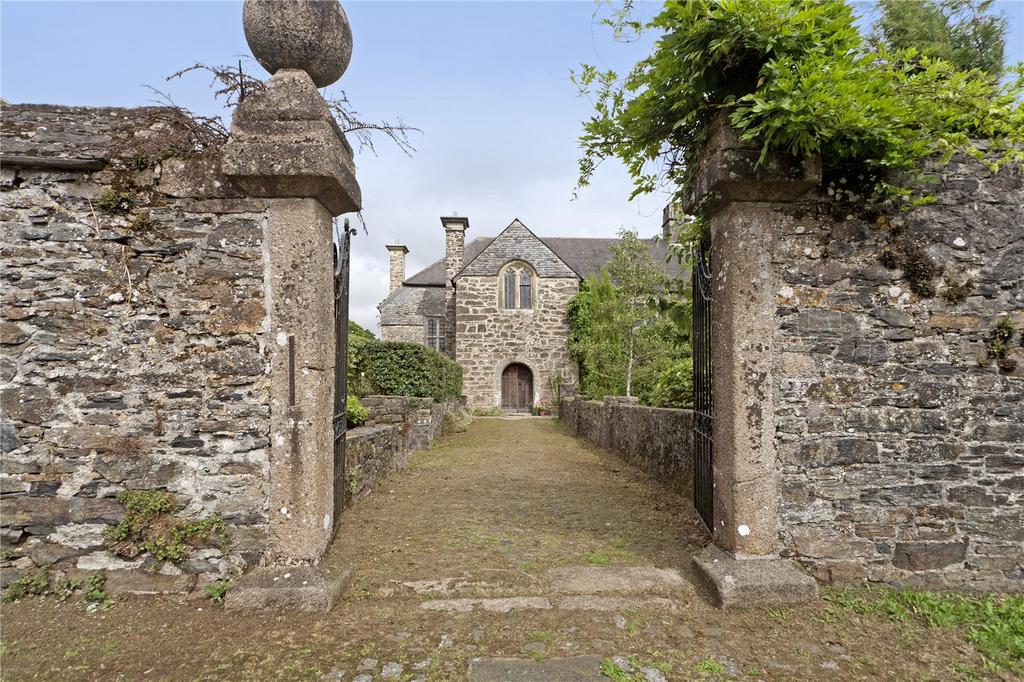
Described by architectural historian Robert Waterhouse as ‘a classic example of the development of the courtyard mansion in medieval and early post-medieval Devon’, Fardel was acquired by marriage in the 14th century by the Raleigh family of Smallridge, east Devon.
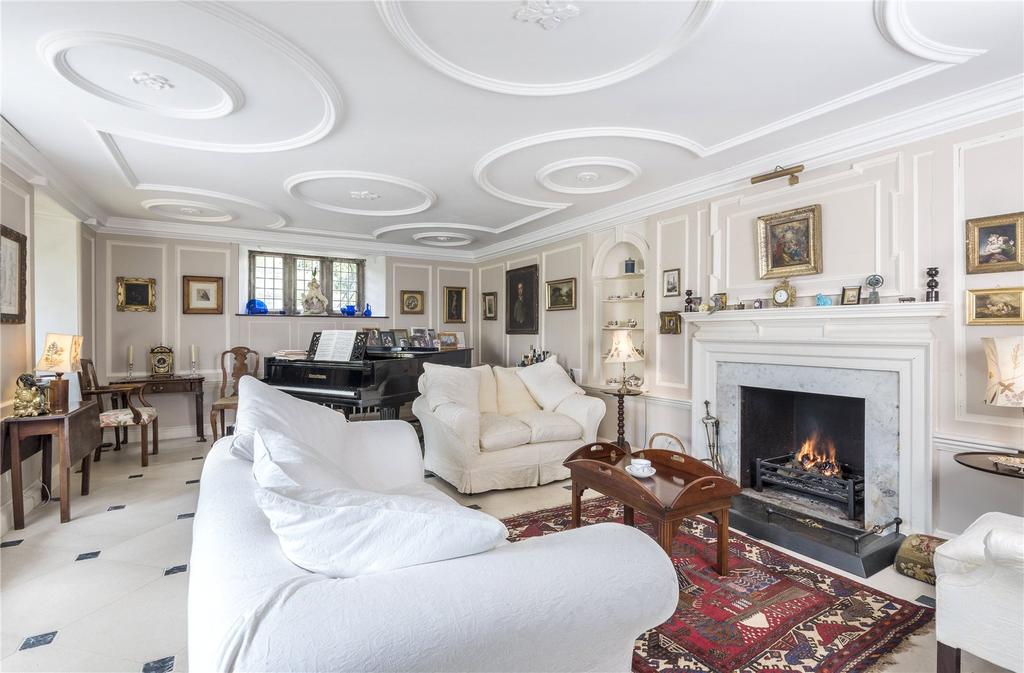
Sir Walter Raleigh’s father lived at the house in the early 16th century, after which it passed to Walter’s brother. Raleigh himself is not known to have lived there, although he often visited, and the manor remained in his family until the mid 17th century, when his son sold it to another Devon dynasty, the Hele family.
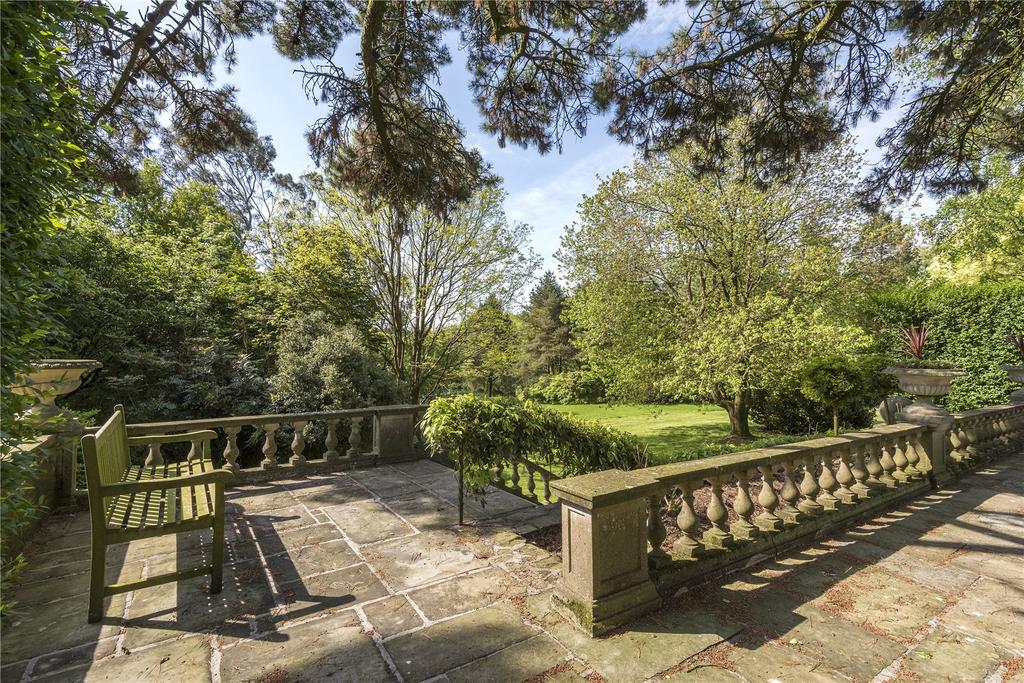
The oldest parts of the manor house date from the arrival of the Raleighs, with major modifications in the 16th and 17th centuries, when the fine panelled drawing room and the staircase hall were created. Fardel’s high-quality stonework is matched by some equally fine joinery and plasterwork, notably in the complex 17th-century staircase.
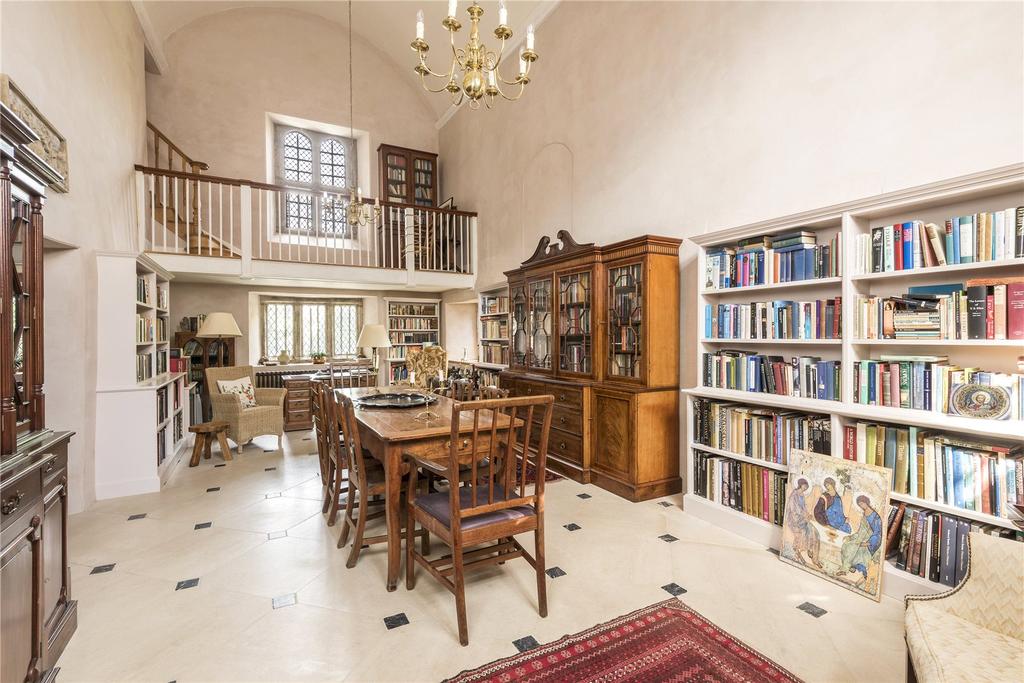
In the late 17th to early 18th centuries, the south cross-wing of the house was remodelled in the Queen Anne style with moulded plaster ceilings and panelling. From the later 18th to the mid 20th centuries, the house was adapted for use as a tenanted farm with the addition of new farm buildings.
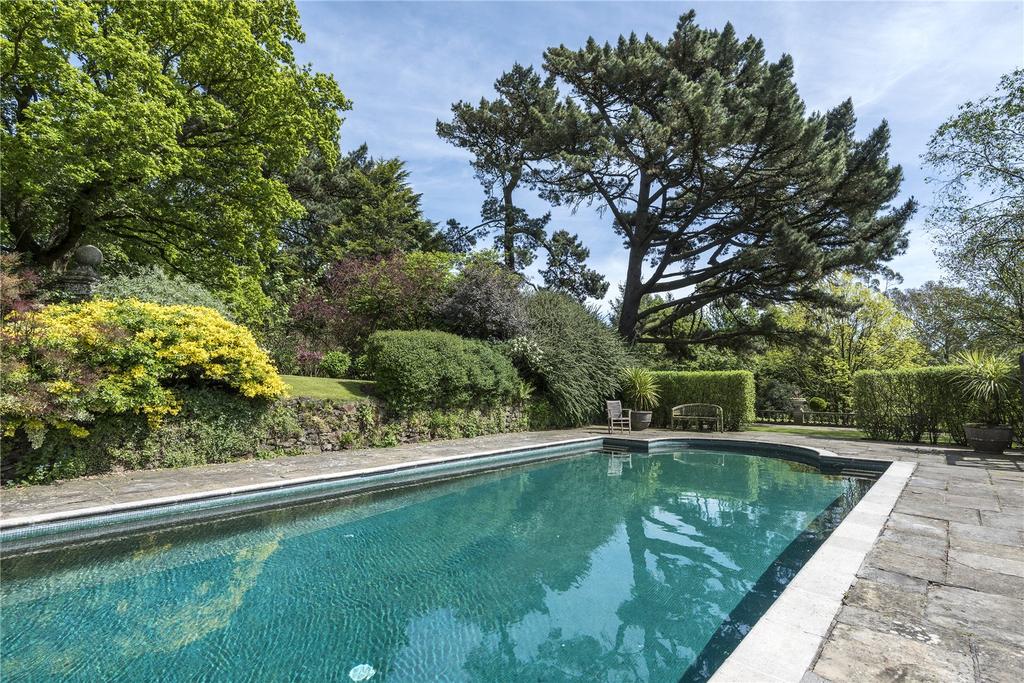
Fardel was again modified in the early 20th century, when much of the roof was rebuilt. The plainly vaulted library/dining room, now overlooked by a gallery, is actually a mid-20th-century reconstruction of five rooms and makes a worthy addition to the other fine rooms, notably the screens room (the former medieval hall) and the study.
Sign up for the Country Life Newsletter
Exquisite houses, the beauty of Nature, and how to get the most from your life, straight to your inbox.
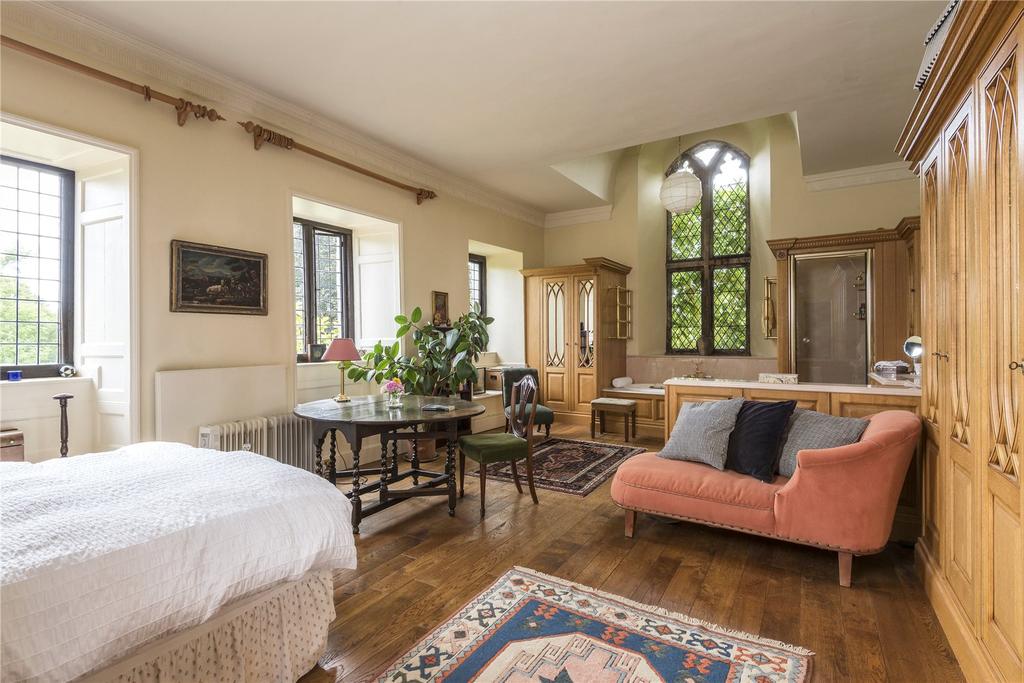
The house has been well maintained in recent years, with renovations – including the restoration of the 13th-century chapel – carried out by the present custodians. Modern conveniences include a fitted kitchen, central heating and bathrooms cleverly adapted into the ancient structure.
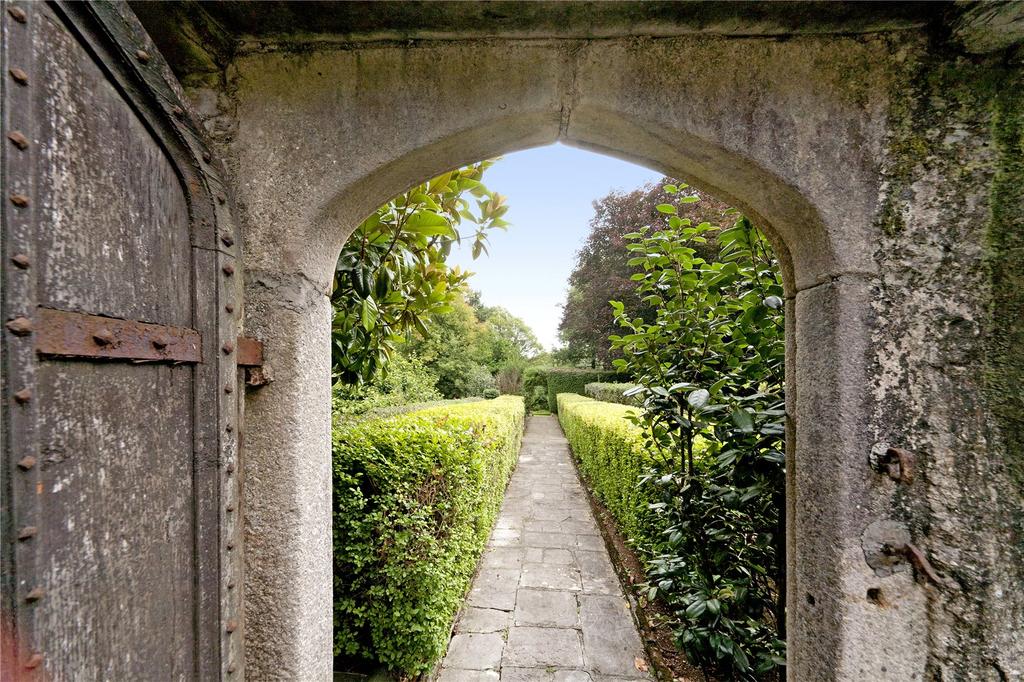
Although described as ‘compact’ in the sales particulars, having only four bedrooms, the manor’s 6,980sq ft of living space allows plenty of room to manoeuvre within its historic walls.
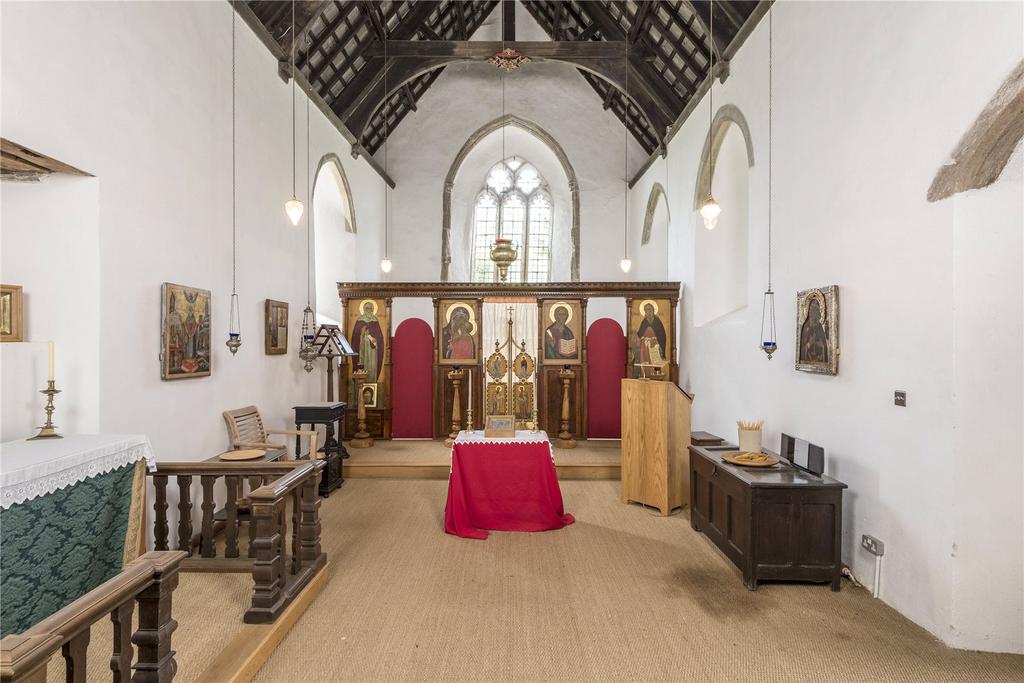
Ample breathing space abounds in Fardel’s ancient courtyards and many garden rooms, not to mention the very modern swimming pool, from which the balmy South Hams climate can be enjoyed all year round.
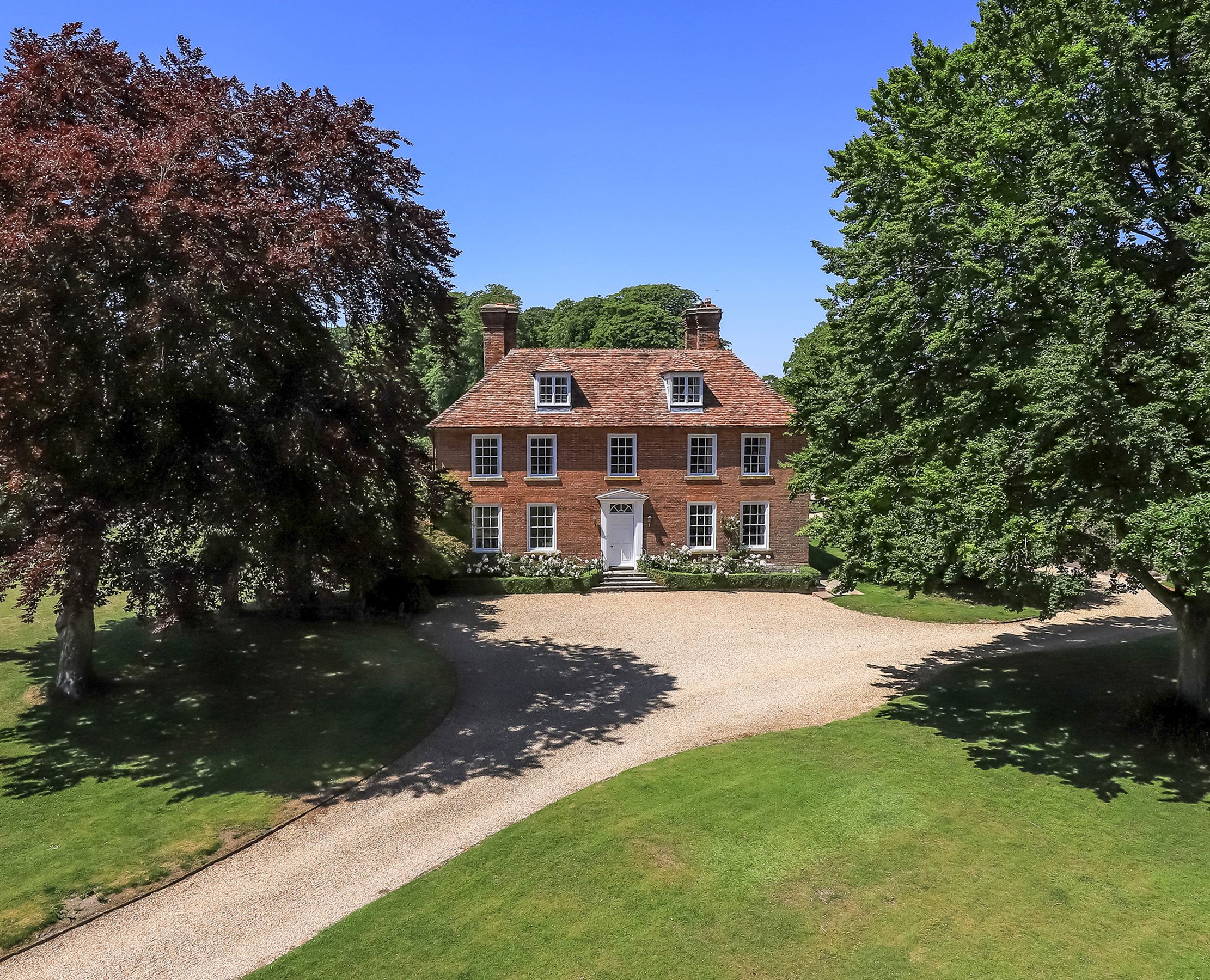
Credit: Knight Frank
The best country houses for sale this week
Catch up on the best houses that have come up for sale via Country Life in the last few weeks.
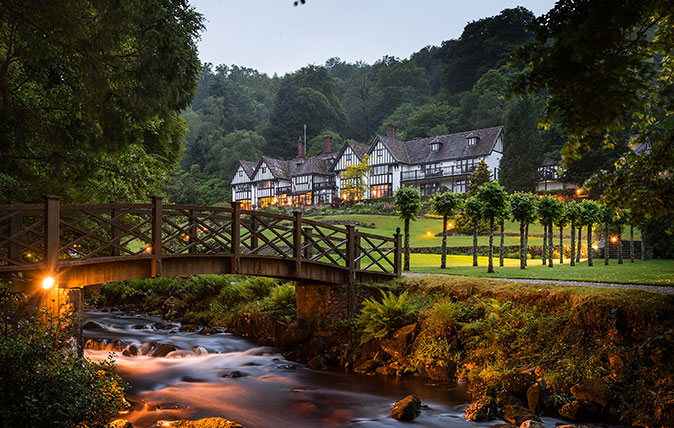
Credit: Gidleigh Park
Gidleigh Park review: Country house hotel perfection in Devon
Gidleigh Park has been on Toby Keel's bucket list for a decade and a half. He finally ticked it off
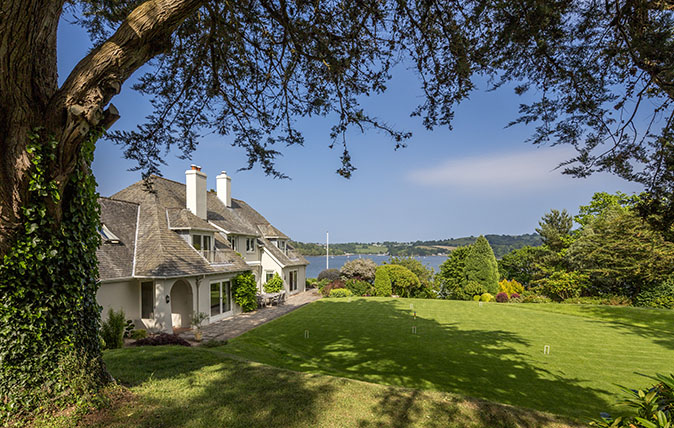
Credit: Savills
Exquisitely private waterfront property in South Devon with a guest cottage, tennis court and private jetty
Gurrow Point sits on its own peninsula on the banks of the Dart, with 8000sq ft of elegant living space
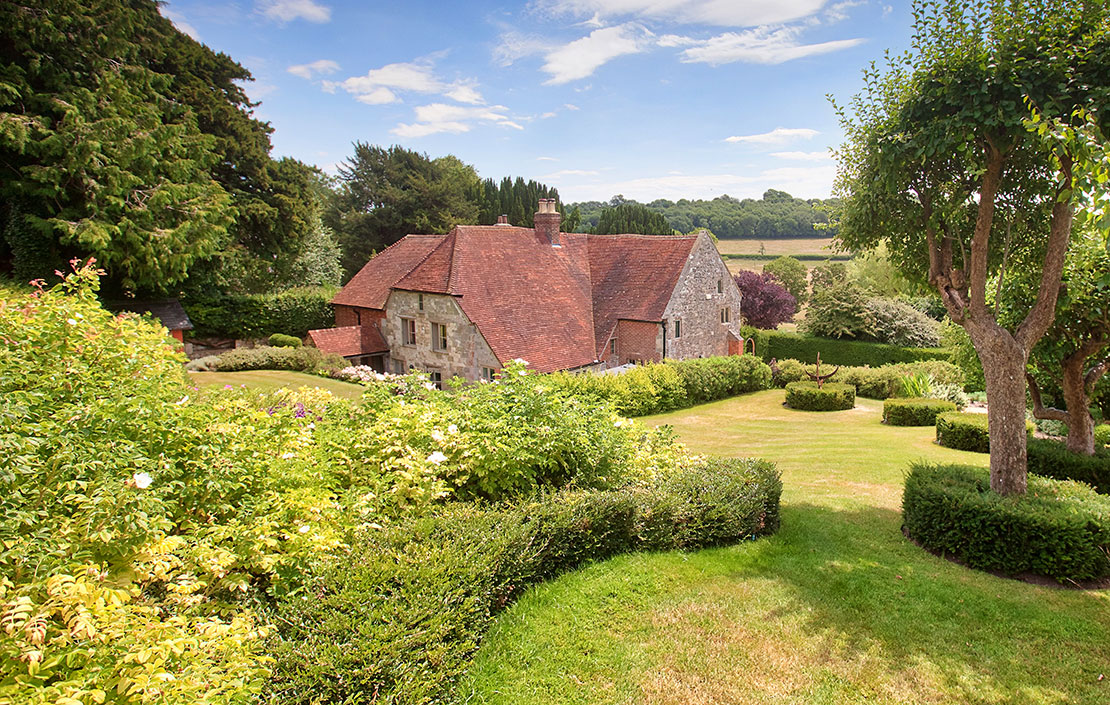
Credit: Savills
A perfectly-preserved home on an ancient stretch of land in one of the prettiest spots in Wiltshire
Church House is a beautiful home in rolling countryside not far from Salisbury that has come to the market in
-
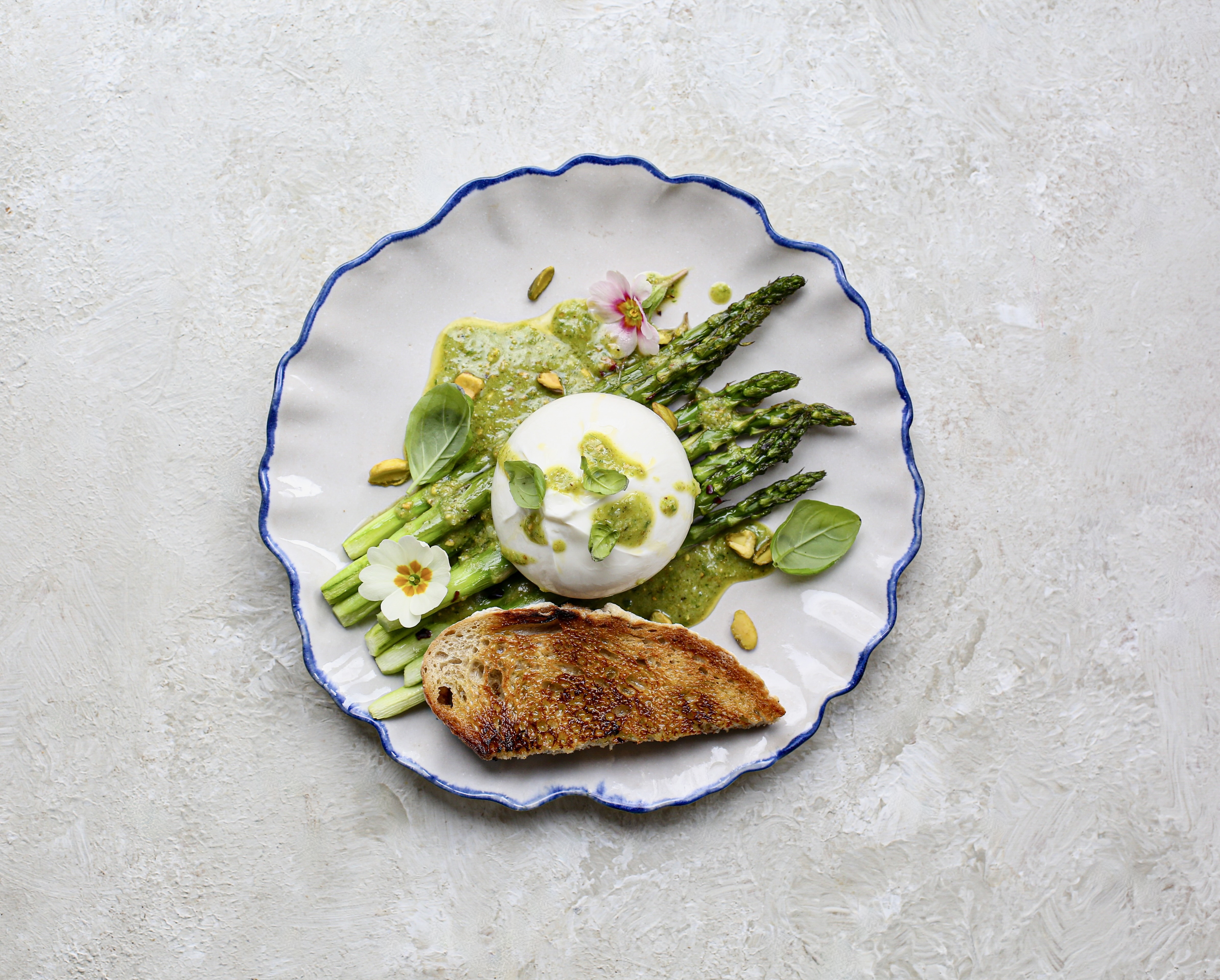 Two quick and easy seasonal asparagus recipes to try this Easter Weekend
Two quick and easy seasonal asparagus recipes to try this Easter WeekendAsparagus has royal roots — it was once a favourite of Madame de Pompadour.
By Melanie Johnson Published
-
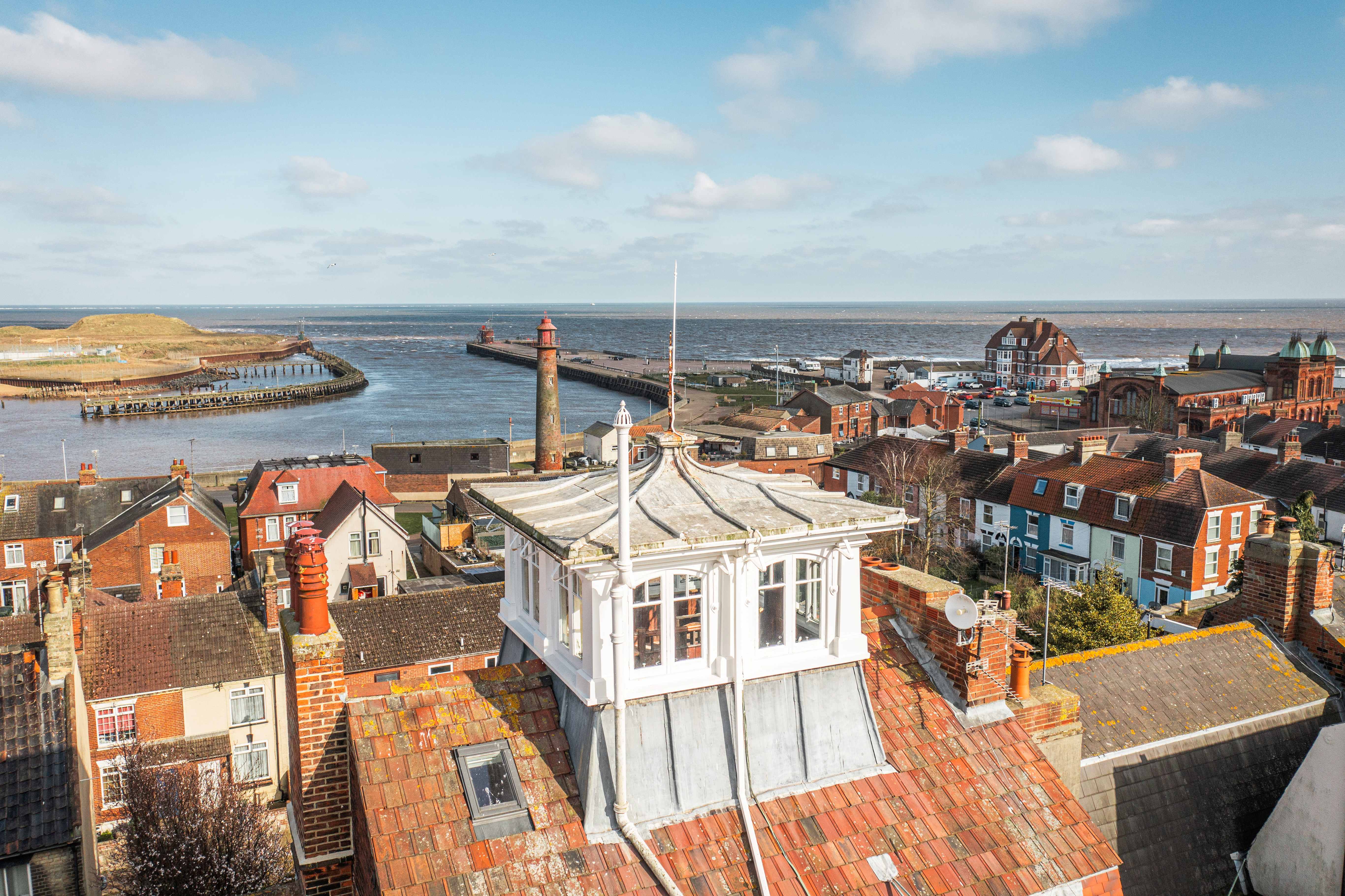 Sip tea and laugh at your neighbours in this seaside Norfolk home with a watchtower
Sip tea and laugh at your neighbours in this seaside Norfolk home with a watchtowerOn Cliff Hill in Gorleston, one home is taller than all the others. It could be yours.
By James Fisher Published
-
 Sip tea and laugh at your neighbours in this seaside Norfolk home with a watchtower
Sip tea and laugh at your neighbours in this seaside Norfolk home with a watchtowerOn Cliff Hill in Gorleston, one home is taller than all the others. It could be yours.
By James Fisher Published
-
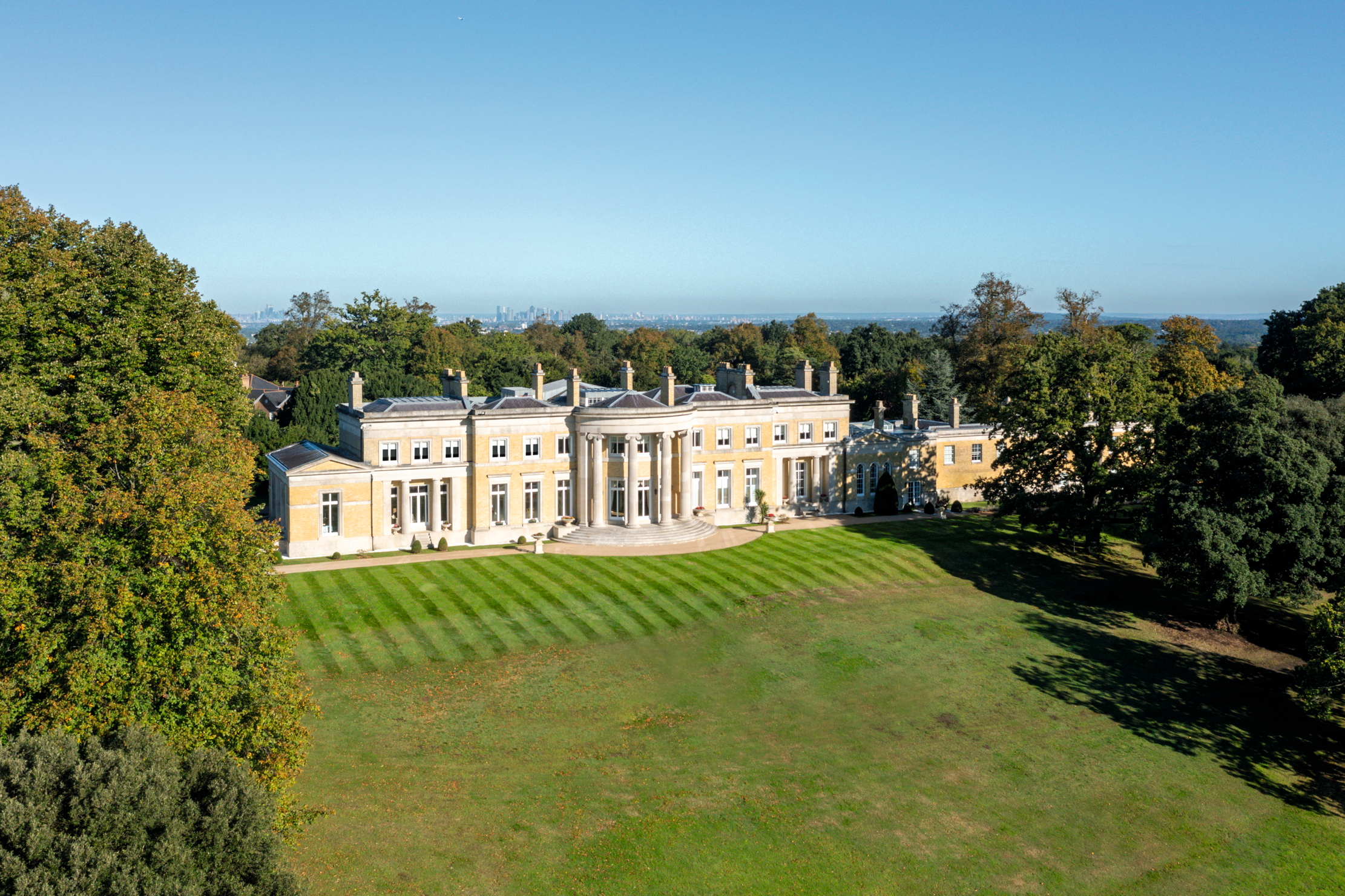 A Grecian masterpiece that might be one of the nation's finest homes comes up for sale in Kent
A Grecian masterpiece that might be one of the nation's finest homes comes up for sale in KentGrade I-listed Holwood House sits in 40 acres of private parkland just 15 miles from central London. It is spectacular.
By Penny Churchill Published
-
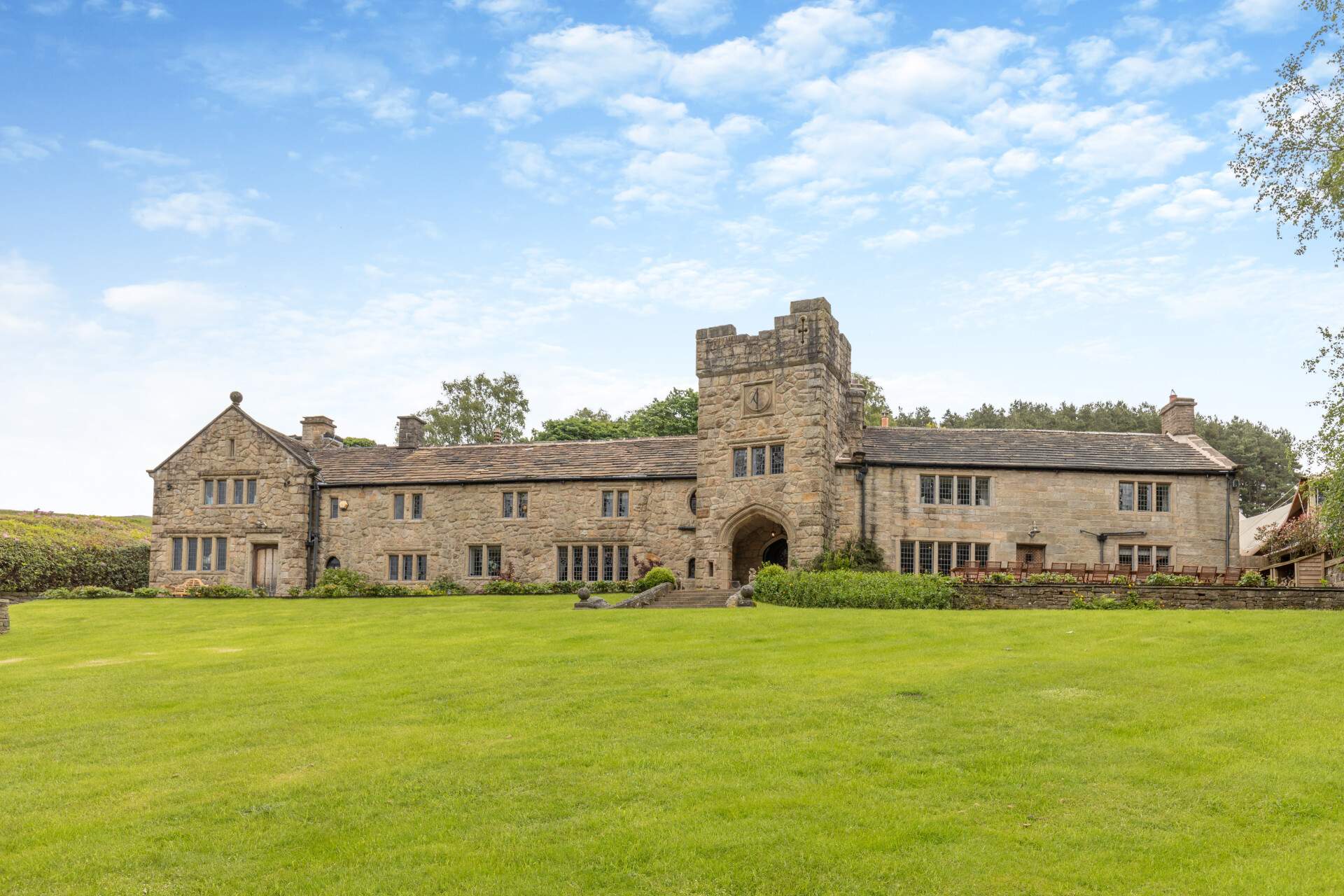 Some of the finest landscapes in the North of England with a 12-bedroom home attached
Some of the finest landscapes in the North of England with a 12-bedroom home attachedUpper House in Derbyshire shows why the Kinder landscape was worth fighting for.
By James Fisher Published
-
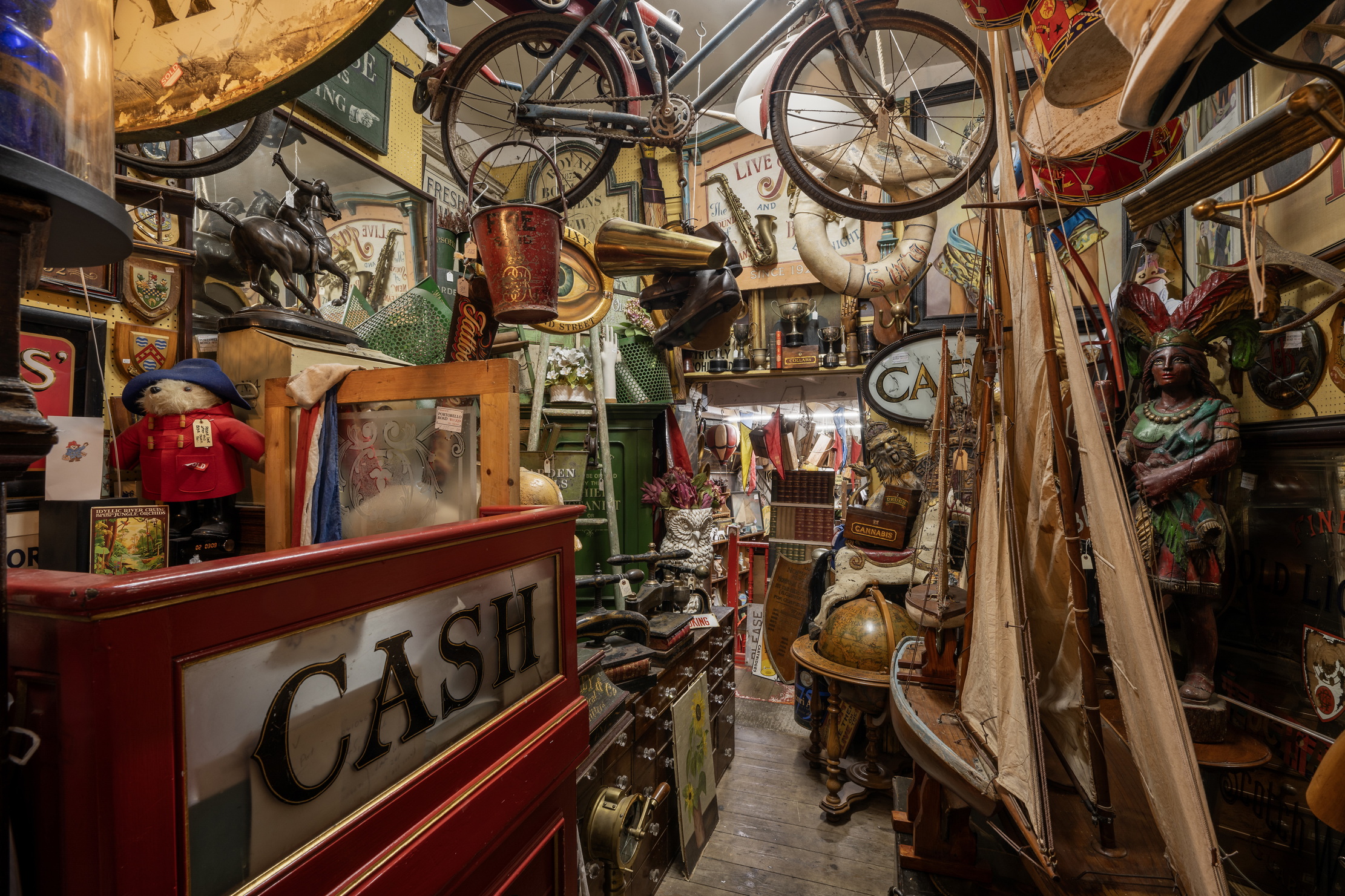 Could Gruber's Antiques from Paddington 2 be your new Notting Hill home?
Could Gruber's Antiques from Paddington 2 be your new Notting Hill home?It was the home of Mr Gruber and his antiques in the film, but in the real world, Alice's Antiques could be yours.
By James Fisher Published
-
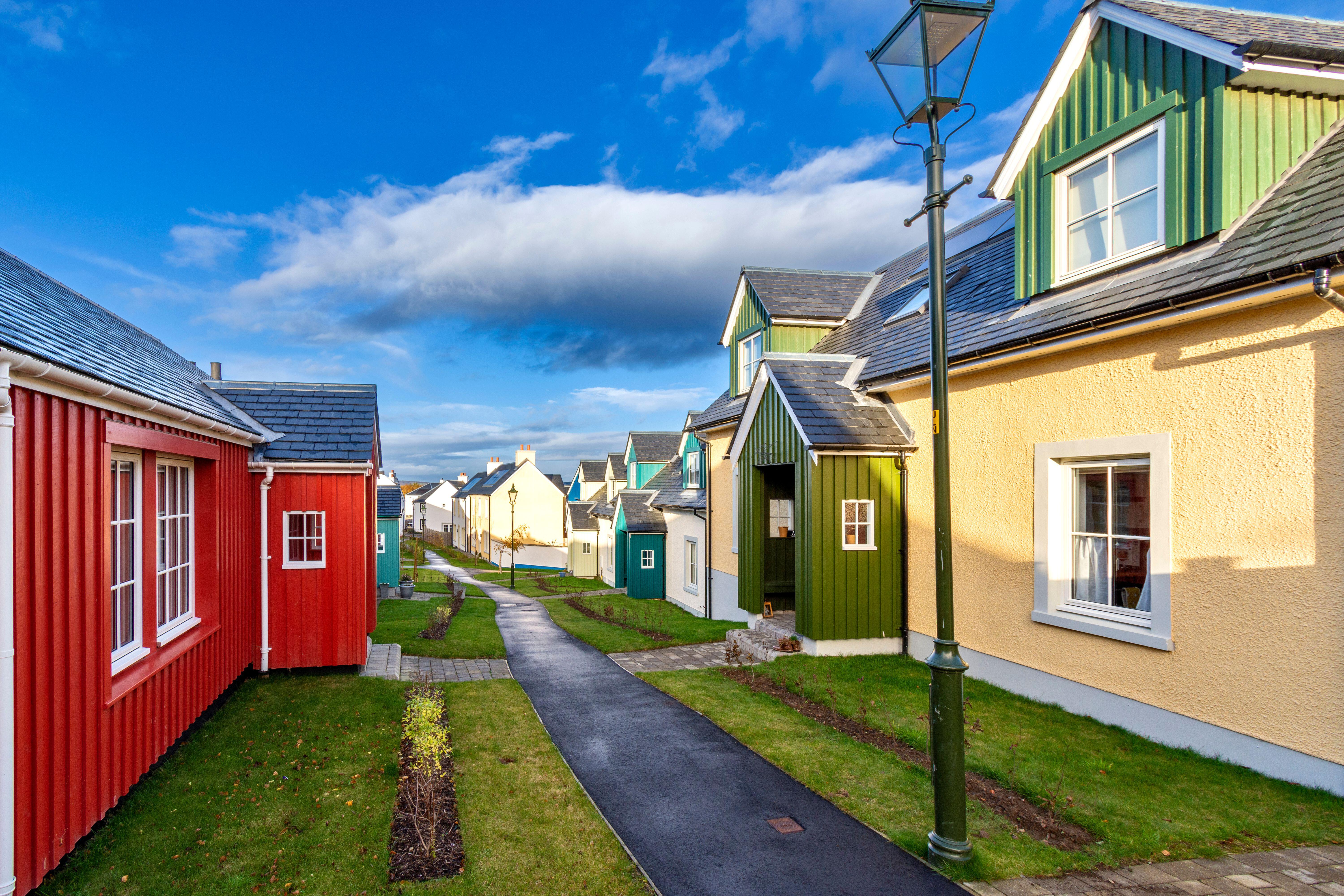 What should 1.5 million new homes look like?
What should 1.5 million new homes look like?The King's recent visit to Nansledan with the Prime Minister gives us a clue as to Labour's plans, but what are the benefits of traditional architecture? And can they solve a housing crisis?
By Lucy Denton Published
-
 Welcome to the modern party barn, where disco balls are 'non-negotiable'
Welcome to the modern party barn, where disco balls are 'non-negotiable'A party barn is the ultimate good-time utopia, devoid of the toil of a home gym or the practicalities of a home office. Modern efforts are a world away from the draughty, hay-bales-and-a-hi-fi set-up of yesteryear.
By Madeleine Silver Published
-
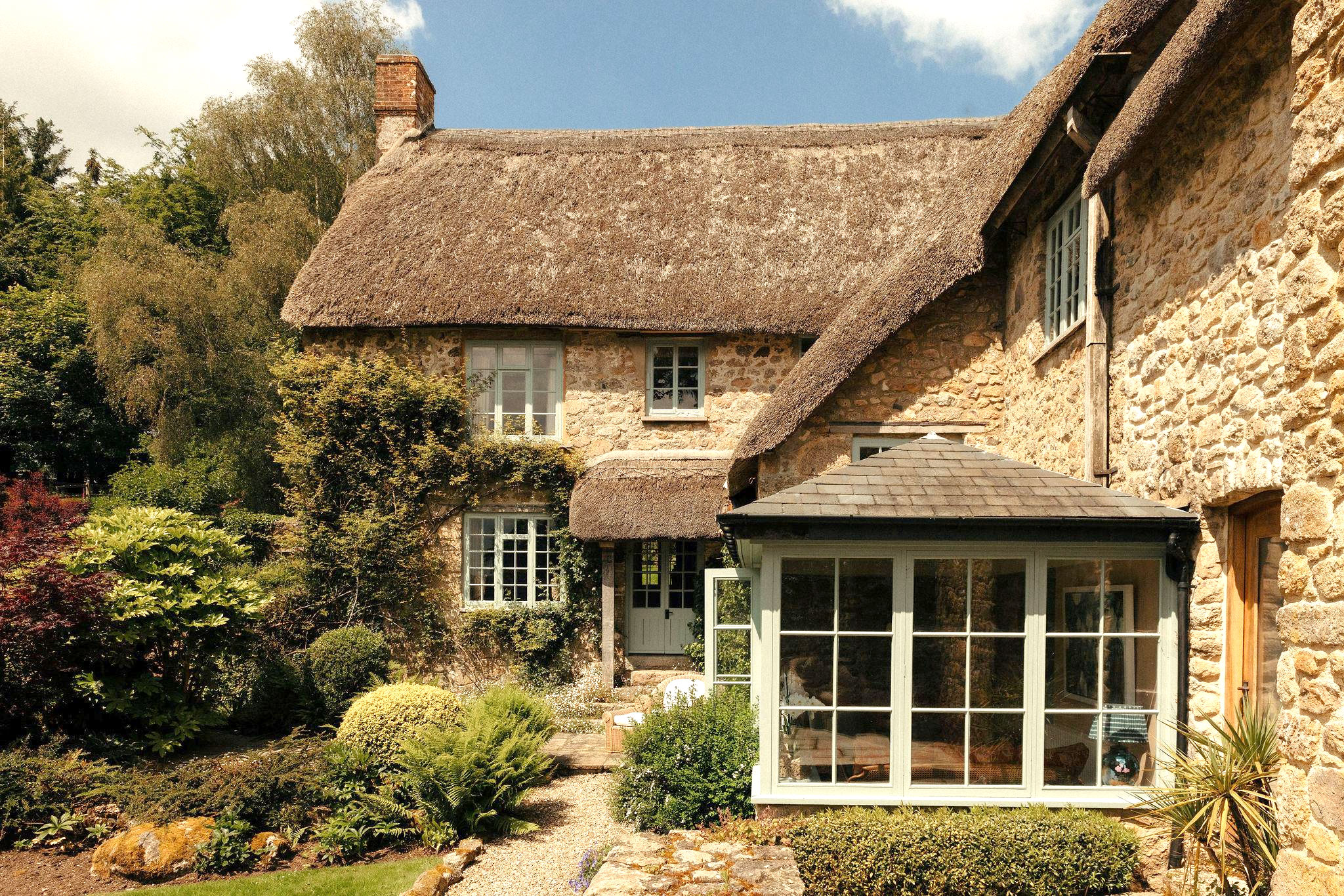 Five beautiful homes, from a barn conversion to an island treasure, as seen in Country Life
Five beautiful homes, from a barn conversion to an island treasure, as seen in Country LifeOur pick of the best homes to come to the market via Country Life in recent days include a wonderful thatched home in Devon and a charming red-brick house with gardens that run down to the water's edge.
By Toby Keel Published
-
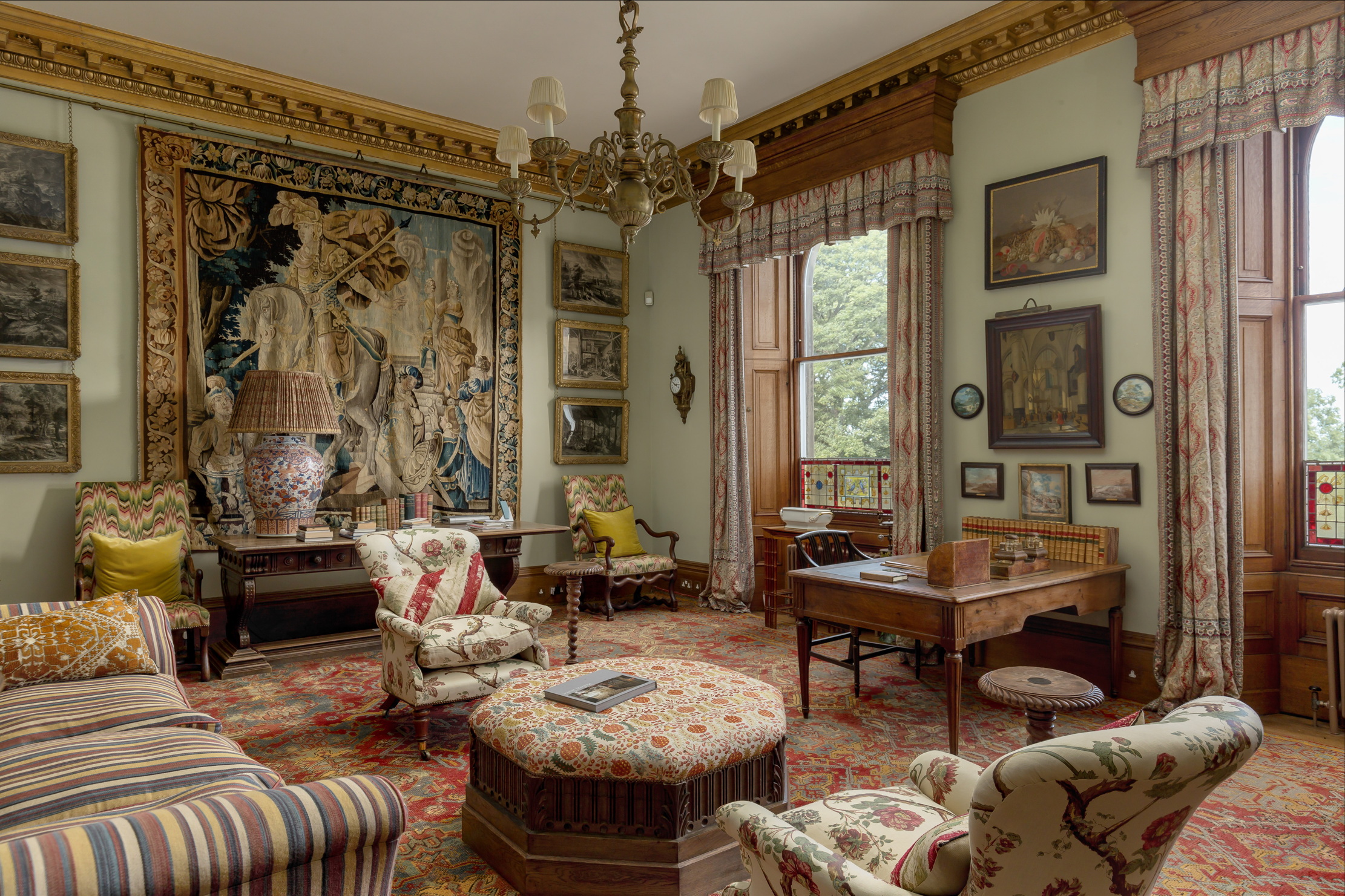 The finest interiors in Edinburgh? A seven-bedroom townhouse furnished by Robert Kime comes to market
The finest interiors in Edinburgh? A seven-bedroom townhouse furnished by Robert Kime comes to marketSituated on one of the New Town's grandest terraces, this four-storey property is a collector's dream.
By James Fisher Published
